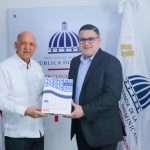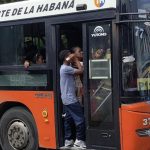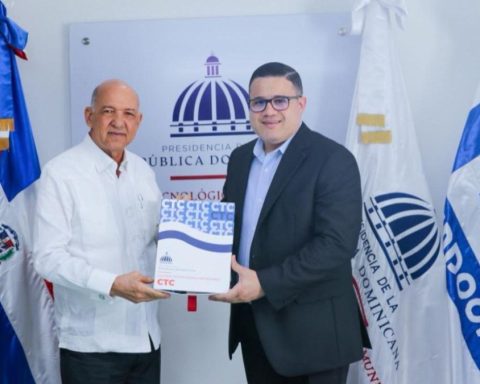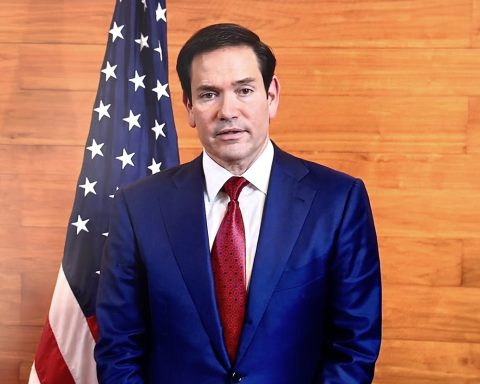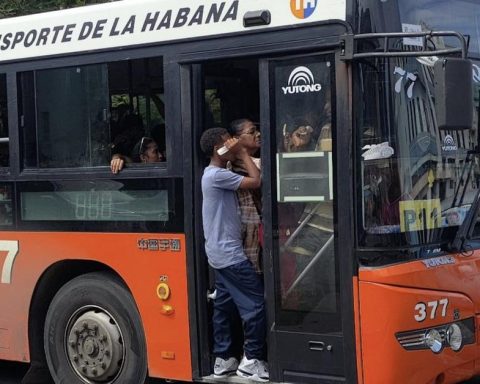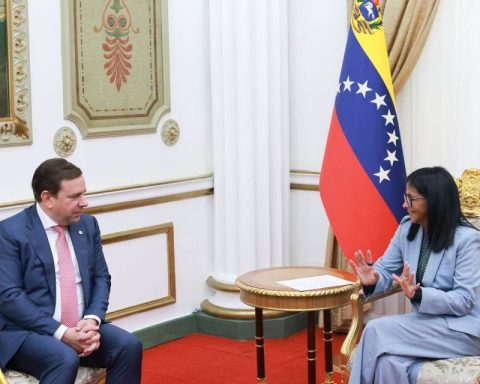The Argentine Justice granted the release of Facundo Molares Schoenfeld, an Argentine citizen who joined the Revolutionary Armed Forces of Colombia (FARC), after the Special Jurisdiction for Peace (JEP) of that country rejected an extradition request against him.
“I want to thank everyone who has helped,” Molares said upon regaining his freedom after months of detention in Unit 19 of the Ezeiza prison complex, as a result of an international arrest warrant issued by the Colombian extradition order.
Before members of the social and human rights organizations who approached the prison exit last night, Molares expressed his satisfaction for “having a people, organizations and families with enough strength to succeed” and exhorted to “go forward in the struggle until our people are worthy and happy, until our country and the world live in harmony and brotherhood.”
The release of the former FARC member was granted by the federal judge of Esquel Guido Otranto after the Special Jurisdiction for Peace (JEP) of Colombia rejected an extradition request against Molares.
According to what was pointed out to Télam from the defense of Molares, Otranto granted the release under sworn bond by the accused: This implies that the former member of the guerrilla has the obligation to appear before the Justice whenever required.
In addition, the magistrate imposed on Molares the prohibition to leave the country, the obligation to establish a permanent address and to appear once a month at the nearest Federal Police station.
With its resolution, Otranto made room for one of the central points raised by Morales’ defense since the beginning of the process: His lawyers maintained that the request for extradition from the Colombian ordinary justice system was “illegal and illegitimate”.ma”.
“The judicial authority that requested the capture and extradition was awarded a competence that it did not have, it acted illegitimately and illegally, claiming a competence that the law and the Colombian Constitution clearly do not grant it,” Gustavo Franquet, one of the lawyers who leads the defense of Molares in Argentina.
The lawyer explained that this is what the Colombian laws and Constitution provide, especially from the transitory articles added to the legislation after the “peace agreement” that the Colombian State and the FARC signed in 2016.
Those articles established for cases like Molares the “prevalent and exclusive jurisdiction of the JEP”, a special jurisdiction created to deal with crimes that could have been committed in the context of the conflict between the FARC (the only one among the guerrilla organizations that signed a peace treaty) and the Colombian state.
Days ago, the JEP recognized its jurisdiction over the political crimes Molares was accused of during the period in which he was part of the FARC, and also rejected the extradition request, recognizing the risk to life that his transfer to Colombia would imply.
Molares Schoenfeld is accused of intervening in the kidnapping of a former councilor from the municipality of Garzón-Huila in 2009.
All in all, as the extradition request is rendered ineffective, Molares’ situation in Argentina remains in a kind of “legal vacuum”.
“It is that cases like this, in which a requesting State (in this case, Colombia) withdraws an extradition request, are not contemplated in the Treaty that governs between Argentina and Colombia for extradition cases,” Franquet pointed out in reference to the Montevideo Treaty of 1933.
From this legal or juridical vacuum it derives that Judge Otranto has asked the Colombian magistrate, through diplomatic channels, to explain the consequences of his resolution.
“Now everything is waiting for Colombia to clearly define what Facundo’s situation is,” added the lawyer, recalling that the judge “has already said that when these explanations arrive he will send the case to the Supreme Court – which is where it now remains.” once the extradition case has been filed – so that it is the highest court that “decides how to handle it because there is no precedent in the law, nor in the Treaty, that covers these situations”.
And he added: “We understand that the Court does not have to rule on anything because the extradition process no longer exists.”
On July 6, the judge of the JEP amnesty or pardon room, Diana María Vega Laguna, recognized that court’s jurisdiction over the crimes Molares Schoenfeld is accused of (“kidnapping for ransom, rebellion, terrorism,” among others). ) and ordered the suspension of the extradition process.
In parallel, he instructed several portfolios of the Colombian State to initiate consular procedures, judicial and administrative procedures so that the Argentine “subscribes to the regime of conditionality and contribution to the truth” established by the court.
Judge Vega Laguna ordered the accused to answer a series of questions from his place of detention so that, once he completes that requirement, “subscribe to the conditionality regime” and be granted “conditional or provisional release” while “the their legal situation before the JEP”.
The extradition request had been requested by the Colombian Ministry of Foreign Affairs based on an arrest warrant issued by a prosecutor’s office in the ordinary criminal jurisdiction of the department of Caquetá.
On November 7, 2021, Molares was arrested in the Chubut town of Trevelin, based on an international arrest warrant issued by the Colombian extradition order. Two months later, on January 7 of this year, Molares appeared before the JEP to request amnesty.
Regarding the judicial future of Molares in the JEP of Colombia, Franquet said that it is most likely that Facundo “will respond” to the former councilor who was kidnapped in 2009 and “offer him some kind of moral compensation for the damage he may have suffered.”
Lastly, he understood that “the JEP is going to end up fulfilling the function it has and at some point it is going to declare an amnesty for Facundo”, once the judicial process within the JEP is over, and added that “during the substantiation of the process” Molares will remain in Argentina since “he does not need to go to Colombia,” unless he is required to “go freely for any matter related to the process.”







